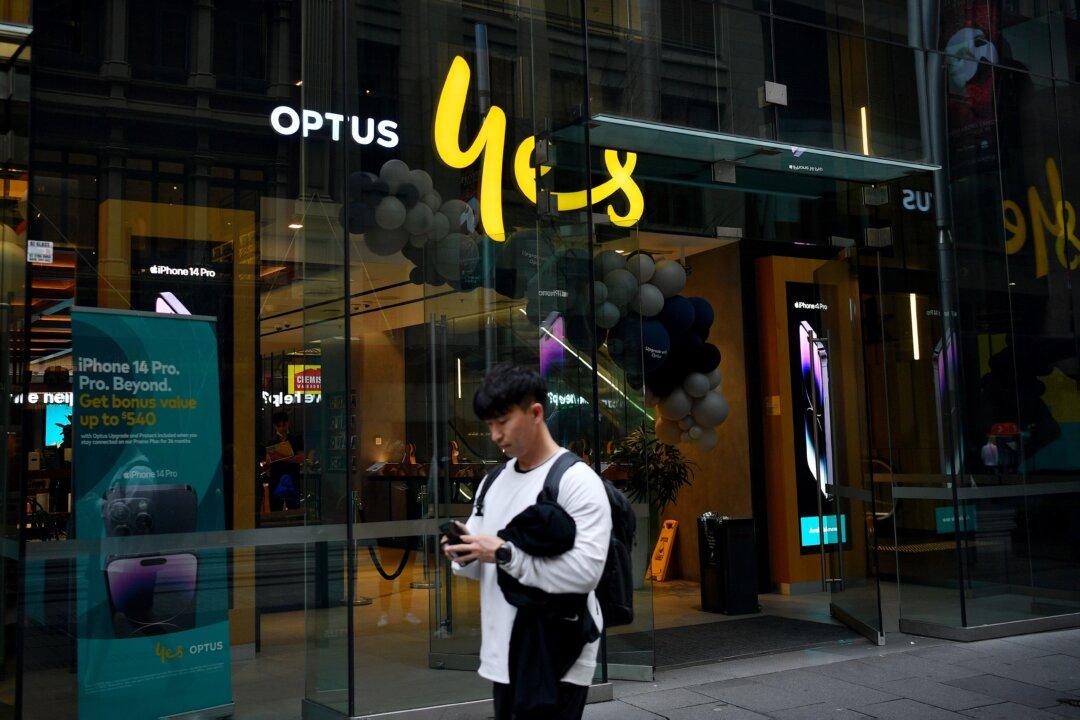Australians’ distrust of corporations and the entire economy has reached a new high due to the poor behaviour of companies during and after the COVID-19 pandemic, a study has found.
The market research and public opinion statistics company Roy Morgan released new research on Australians’ trust and distrust of familiar household names in 2023.





